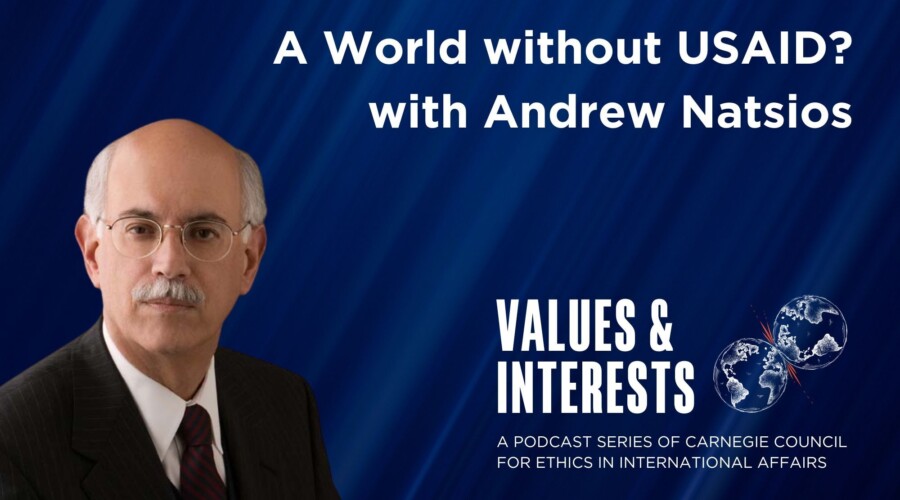Over the last twenty years, popular opinion regarding welfare recipients has turned increasingly negative. This stigmatization of the poor means that anti-poverty advocates have found it more difficult to gaining support for progressive policy initiatives that seek to eliminate poverty and advance economic justice. Decreased access to public health care has only worsened the declining health status of millions of poor people in the United States. Legal challenges to discrimination or to the restriction of access to benefits and due process have been slow to have effects--and in most cases have resulted in only minor changes to already inadequate programs. Limited access to preventative and acute health care has disproportionately affected the poor and minorities, and little has been done to eliminate the institutional barriers they face. Environmental factors such as homelessness, inadequate nutrition, lead and asbestos poisoning, and high-risk working environments only aggravate the high rates of diabetes, hypertension, and depression found in poor communities of color. Historically, public benefits such as Medicaid and welfare assisted these communities in securing care, but current reforms aimed at cutting the public assistance rolls have left them in dire straits.
In the face of a diminishing social safety net, a growing number of NGOs in the United States have drawn upon human rights standards in articulating claims to improved access to health care. Because domestic application of human rights is still relatively new, advocates must learn both how to increase public awareness of basic rights and how to operationalize the guarantees of international treaties in local contexts. The Human Rights Project (HRP) is dedicated to strengthening a human rights-based approach to public policy analysis of social welfare policies in order to promote social justice activism.
In its most recent initiative, the New York City Welfare Reform and Human Rights Documentation Project, HRP joined with five other anti-poverty organizations to monitor New York City's welfare reform policies from a human rights perspective. The survey methodology for the project was simple: We were to gather both quantitative and qualitative information from current welfare recipients, individuals who have attempted to obtain welfare benefits and failed, and those who have lost benefits because of sanctions. The project had four main objectives: document human rights abuses as they relate to welfare reform; provide quantitative and qualitative data to the media, public interest litigators, community organizations, and elected officials to progressively change public opinion and welfare policy; expand awareness among welfare advocates about human rights concepts that establish the fundamental right to basic human needs and the government's responsibility to meet those needs; and politicize social service agencies and community groups by training them to be human rights monitors.
To help capture the complexity of welfare reform, the HRP called a meeting with local grassroots, legal advocacy, policy, and service organizations that worked on issues related to social service benefits, including cash benefits, food stamps, housing, health care, and employment. Many of these groups had already been involved in monitoring welfare reform in their own communities, and hence, they knew firsthand that people were losing benefits arbitrarily, and that the need for food and health care was increasing. In particular, people were being wrongly cut off from receiving Medicaid and Food Stamps as a result of being denied cash assistance. These administrative errors left many in need of medication, treatment, and housing (as mandated for HIV recipients). A recent lawsuit found New York City's Human Resources Administration guilty of erroneously cutting people off of Medicaid; it must now reinstate millions of recipients. Because there is so little public information--particularly disaggregated data--about the effects of welfare policies on particular populations, it is easy for politicians to sell welfare reform as an overall success based on caseload reductions. By doing so they can continue to mandate welfare-to-work programs regardless of their disastrous outcomes, rather than find appropriate supports for those bearing the brunt of the current punitive policies.
In the spring and summer of 2000, the project trained over 175 students, social service providers, and religious congregants to be human rights monitors. They administered the survey at thirty-six service organizations, ranging from community-based welfare-to-work sites, food banks, and shelters. In Spring/Summer 2001, after creating a database of more than 300 in-depth surveys, the project released the first in a series of briefs analyzing the effects of welfare reform by race. Disaggregating the statistics enabled advocates to pinpoint who was facing what type of problem within the welfare system. Analyzing the survey was useful both in identifying potential violations under the Convention on the Elimination of Racial Discrimination, in particular discriminatory patterns of diversion, and in providing data to support concrete policy recommendations for welfare reform reauthorization in 2002.
In an effort to gauge the array of effects of welfare reform, respondents were asked to describe their situation since 1998. In regard to issues of health and access to health care, the overall picture we gained is grim, illustrating the myriad barriers people living in poverty face. More than 54 percent of the sample experienced food inconsistency, which is directly linked to a wide range of health risks associated with malnutrition. More than 40 percent faced health problems in general, and 20 percent suffered specifically from mental health problems. To make matters worse, New York City has added a complex administrative process to the relatively straightforward federal guidelines for receiving Medicaid. Health issues are particularly urgent: as welfare rolls shrink, the challenge for many people with mental and health disabilities is to become self-sufficient. Medicaid and public benefits are just one aspect of disparate health care for the poor, particularly ethnic minorities. The field of public health has been successful in using statistics to document institutionalized racism in health care, documenting that minorities are sicker than whites, have higher rates of infant mortality, and make up a majority of the AIDS cases nationwide. These types of statistics have had a slow but direct influence on the formation of public health policies directed at the affected communities.
The use of surveys and qualitative methodologies serves as a tool for the process of truth-telling. It provides NGOs and on-the-ground advocates with credibility and is a built-in human rights instrument. Grassroots NGOs often lack the financial and technical support to engage in collecting and analyzing quantitative data concerning their particular communities of interest, tending instead to rely on larger research organizations and academics to provide them with the theoretical background and data. A more effective approach would involve engaging with academics, researchers, practitioners, and community members so that they may propose policy solutions informed by both research and practice.
Collecting statistics plays an important role in the struggle for human rights and must continue to be used by grassroots NGOs with technical support from research organizations and academic institutions. The collection of both qualitative and quantitative data is key to accountability, and data are central to successful challenges against governments and large institutions. The ability of advocates, community members, and researchers to form strategic alliances in the collection and generation of health-related is essential if we are to change health care policies. The physical and mental health of individuals is key to their participation and enjoyment of economic and social rights. Realizing the right to health and holding the government accountable for this right means working in coalition across a broad range of issues including welfare, health care, and discrimination.



